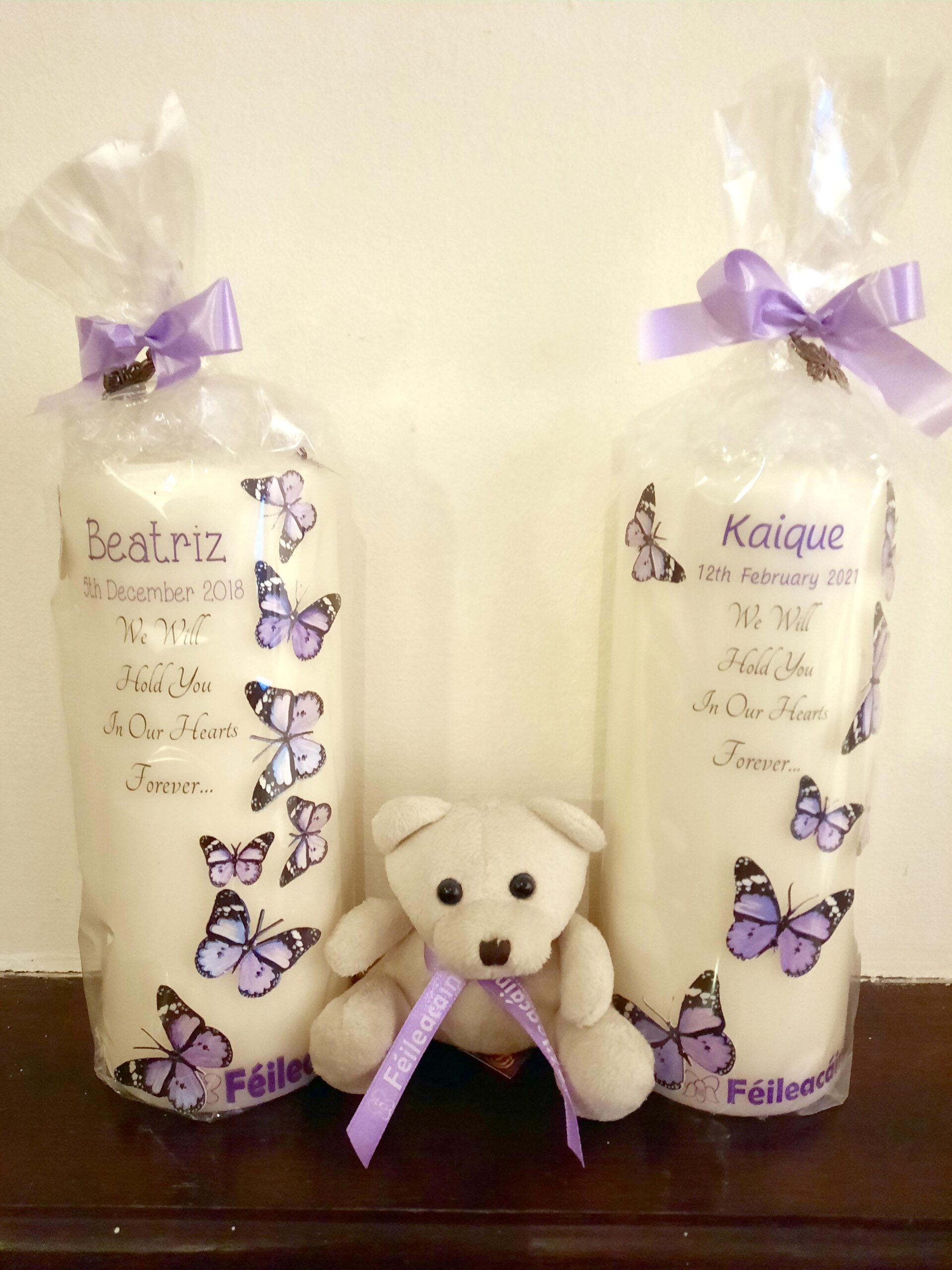
We Need to Talk about the Rise of White Supremacy in Yoga
4 July 2023Coffee with a Bereaved Mother
8 December 2024
We Need to Talk about the Rise of White Supremacy in Yoga
4 July 2023Coffee with a Bereaved Mother
8 December 2024Super Women Everywhere or Super Mulheres Everywhere?
Ola pessoal!
It’s great to have you here!
How are you today?I’m super happy to write this very first blog which marks the beginning of a project that I’ve been idealizing for a few years! I’m going to tell you all about the project idea, intention, and what you should expect next.
So, first things first, you might be asking yourself the reason why the logo does not match the name, right? Well, I wanted to play with words and make sure that my mother tongue, Portuguese, would be represented. So, yes, there will be both languages, and be ready to catch up on a few Portuguese words just by the context! Also, this project should reach – Women (people) Everywhere.
Just a little bit of context about the idea, it was supposed to be a podcast in 2019, but then I decided to let the ideas mature a little bit more - yes, just like wine! After a long personal healing process and project ideation!
Super Women Everywhere intends to reach out to the excluded people from the mainstream Yoga classes; to open the dialogue to talk about loss and bereavement; to voice social injustices; and to also amplify the work of women who are making a difference in the lives of other women, and we don’t even know about them - the real Super Women!
Talking about loss, particularly early and neonatal loss is very important to me. My personal experiences made me shed off the old person I was and to learn how to become a new one. A woman with deep wounds which are in the process of becoming scars, which will always remind me of my losses.
At this stage you’re probably aware of my two angels: Beatriz and Kaique. Have you ever realised that there is no word to describe a mother who loses a child? There is a TV series from the early 2000s, called Six Feet Under, which has an episode in which a mother loses her child. She reflects on the fact that there is a term for a woman who loses her husband, for a husband who loses his wife, for a child who loses their parents but there is no term for a mother who loses her child because it is just too hard.

https://feileacain.ie
At this stage you’re probably aware of my two angels: Beatriz and Kaique. Have you ever realised that there is no word to describe a mother who loses a child? There is a TV series from the early 2000s, called Six Feet Under, which has an episode in which a mother loses her child. She reflects on the fact that there is a term for a woman who loses her husband, for a husband who loses his wife, for a child who loses their parents but there is no term for a mother who loses her child because it is just too hard.
There is so much involved when a woman loses her child. I would rather say “loss” than “late miscarriage” as I do not like the word mis-carriage. Women have been blamed enough throughout History to hear that “they mis-carriage” or in other words, failed! It took me a few therapy sessions to change this thought. I blamed myself for losing Beatriz and I bet that many women have gone through the same feelings without any support.
Going through a loss is having your plans and ideas being shattered and vanished in a blink of an eye. Then we have social norms making us conform with what is expected. But why? Why do we have to? I remember crying in various places and people around me feeling uncomfortable or asking if I wanted to go for a walk, so other people wouldn’t see me cry. We should be free to laugh or to cry! Why do we have to suppress our feelings when something which is a tragedy for us is making an impact in all areas of our lives?
As a society, we talk so much about it is ok not to feel ok; and we should look after our mental health. But do we really mean it though? The same way we talk about diversity and inclusion. But are people really prepared to open space to ‘the others’?
It is hard to be the only woman, or ethnic minority person in the room even when it’s an event that we paid for. It is equally hard to be stared at in a yoga studio. There is usually the perception that we’re different and some people wonder what has brought us there. Those assumptions of not being able to afford to be there or being different from everyone else can be felt by people who are considered ‘the others’.
Unfortunately, Yoga in the West is very elitist and lacks inclusion. The roots of yoga in India is something different from what we see in the Yoga studios on a daily basis. Yet, the wording for those whitewashed spaces is all about being white, performing headstands and in some cases, wearing very expensive gear and the distinctive Yoga bras! Why are we forgetting about its roots?
The whole holistic sector can be quite closed to ‘the others’. I have been discriminated against in two health shops in Dublin. If you’re thinking that it might have been a misunderstanding, we black people and ethnic minorities know when it happens! I’ll tell you all about those experiences another time.
For all these reasons, I’ve always wanted to go to a Yoga class where there are no Yoga stereotypes. But black, ethnic minorities and curvy people; those who have been recovering from trauma; trans people; people who have no interest in doing headstands but connecting with their bodies in an inclusive and non-judgemental space.
You and I, who are part of ‘the other’ group, let’s do this together now?
About me

Social Scientist, certified Postnatal Bereavement Doula, Reiki, and Aromatherapy practitioner. She is also a trauma-informed Yoga teacher. She teaches Yoga for Black Women and for Bereavement. She is certified in Vinyasa Inspired Yoga with Iyengar Alignment Methods, Yin Yoga, and Yoga Nidra.
Jane
